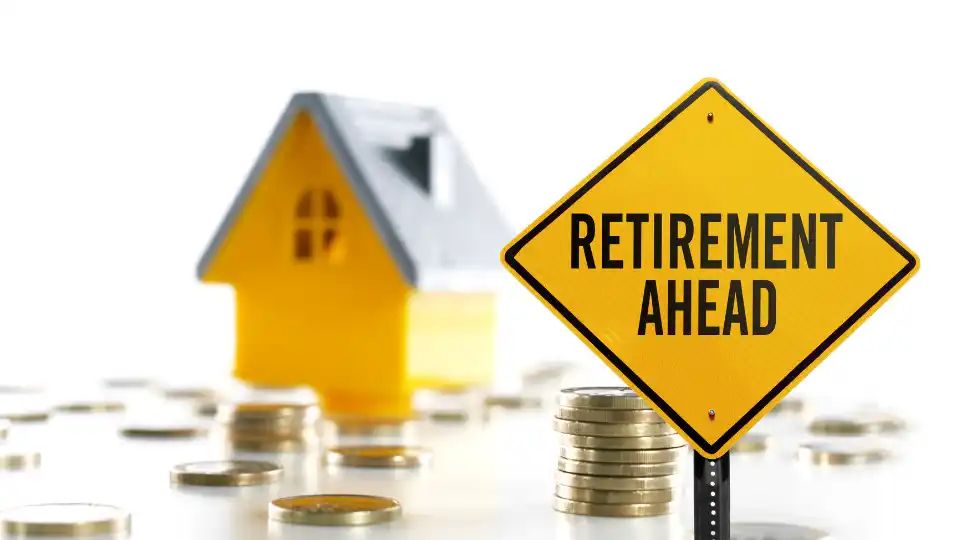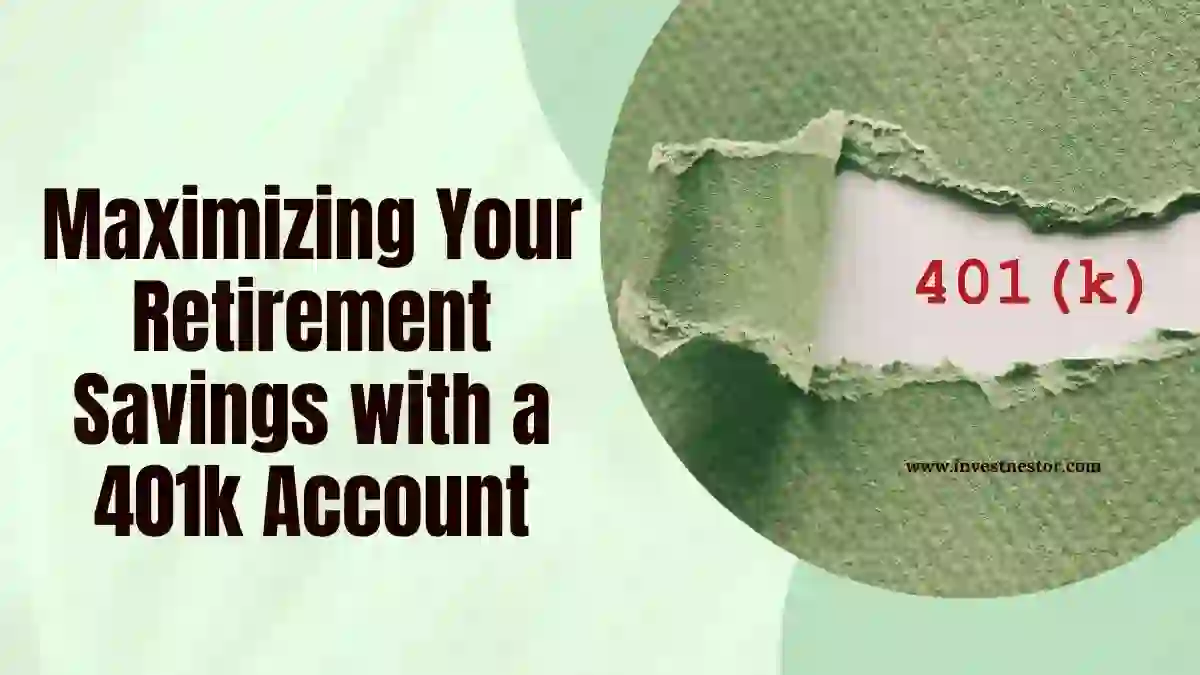
Is It OK if I Pay the Minimum Due on my Credit Card?
The minimum amount you pay monthly to maintain your credit card's good position is called the minimum payment. It is the least amount you pay without hurting your credit score or getting protected by being charged any extra fees. It is calculated on the total amount you get from the credit card company, and a small percentage is calculated as the minimum monthly payment.
-
If you want to pay the least amount, though it will help you maintain a good credit score, you will still pay more interest as it will take time to clear your debts. You should avoid paying the minimum amount.
-
The strategy of paying only the minimum amount will help you save money in the short run, but in the long run, you will end up paying the interest for your debts.
-
The minimum monthly payments are only provided on the revolving credit accounts.
-
According to the Federal Reserve, the average rate on credit cards is 16.65%.
#Tip: Always pay your credit card balances in full and on time. This will help you save from paying interest and late fees.
Is it better to pay a minimum payment or a statement balance?
-
Paying at least the minimum amount is important to maintain a good credit score, but if you carry the balance each month, you will pay more interest.
-
It is advisable to pay the full statement balance. But if, in any case, you are not able to pay the same amount, at least pay the minimum amount to avoid hurting your credit score.
-
If you can't pay the full statement balance, you can pay a larger amount, which is more than the minimum payment. It will help you reduce the tenure, which will help you pay less interest at the end.
Does paying the minimum amount affect your score?
If you opt to pay only the minimum payment on your cards, you can avoid the charges of late payment fees as you pay the minimum amount before the due date. However, the remaining amount is bound to the interest rate, and if you only pay the minimum amount and not the statement balance for a longer period, you will increase your credit utilization ratio.
-
If your credit utilization ratio exceeds the threshold of 30%, you will lose your credit score. Due to some circumstances, you cannot pay the statement balance and continuously make a minimum payment; ensure you stay within the 30% limit.
-
The credit repayment behavior impacts the credit score as it is bound to the repayment history and credit utilization ratio. The credit card issuer will ensure you make your payment on time if you only pay the minimum amount. This will show your credit report's outstanding amount and credit utilization ratio.
Which is the best strategy for paying your credit card bill?
It is always good to clear the debts on time or before time. To do so, the best strategy can help you reach your goal. Though the strategy may differ according to your financial position, it can still help you reduce the burden of interest from your shoulders.
-
Go beyond Minimum Payment: As evident from the above, the monthly minimum payment can prove fatal in the long run, so you better go for the larger one. The main source of income of banks relies on the interest they charge. It means the time you take to pay off your debt will make more for the banks.
-
It is good to list your debts from highest to lowest and make monthly payments for each.
-
Try to prioritize your payment from highest to lowest. By doing so, you erase the expensive debts first.
-
Also, try to automate your payments to avoid paying additional fees.
#Tip: Try to save the interest by paying your debts first.
- Pay the current balance: The current balance means the total amount spent to date. It also includes the unpaid balances of any. It is the most important payment that needs to be made. If you want to increase your credit score, prioritize it, as it will reduce the credit utilization ratio.
How do I make a minimum payment even during financial constraints?
If you need help paying even the minimum amount on your credit card, a few tips can help.
-
Make a budget, cut unnecessary expenses like canceling unused subscriptions, and avoid going out for dinners. This practice can help you save some money to pay off your minimum.
-
Try to earn more money. The extra amount can help you in difficult situations, like paying at least the minimum amount. Passive income can save you from lowering your credit score.
Final words
The minimum monthly payment is the lowest amount a customer pays monthly to avoid fees. It also helps the customer to maintain a good repayment history. Although minimum credit card payment helps avoid additional charges, it can put the cardholder in financial constraints and ultimately lower his credit score.
FAQs
What if I miss my minimum payment?
If you miss your minimum payment, it can negatively impact you. You will be charged a late payment fee. Your credit report will reflect The late payment fees, resulting in a lower credit score. The payment history occupies 35% of your credit score. It is better to pay the minimum amount at least to save yourself from financial consequences.
Tip: Timely payment is an important part of good credit.
Does my credit limit reset after making a minimum payment?
After making a minimum payment on the credit card, you can access more available credit. But if you spend the limit on your card, you can increase the credit utilization ratio, negatively impacting your credit score.
Suggested Articles:

.webp)




0 Comments
Add a comment